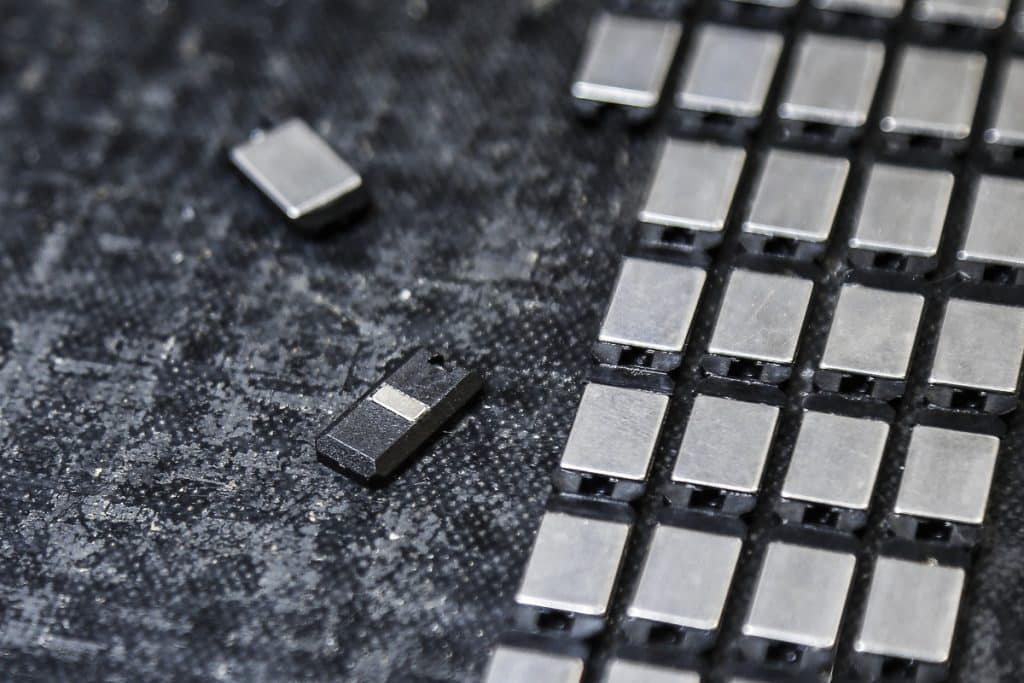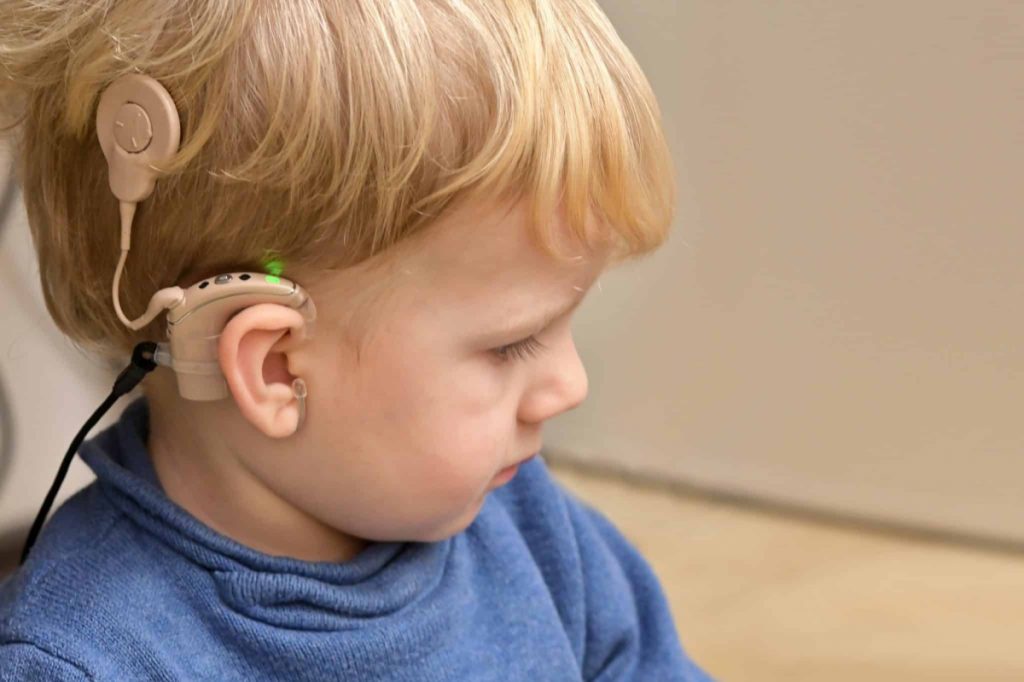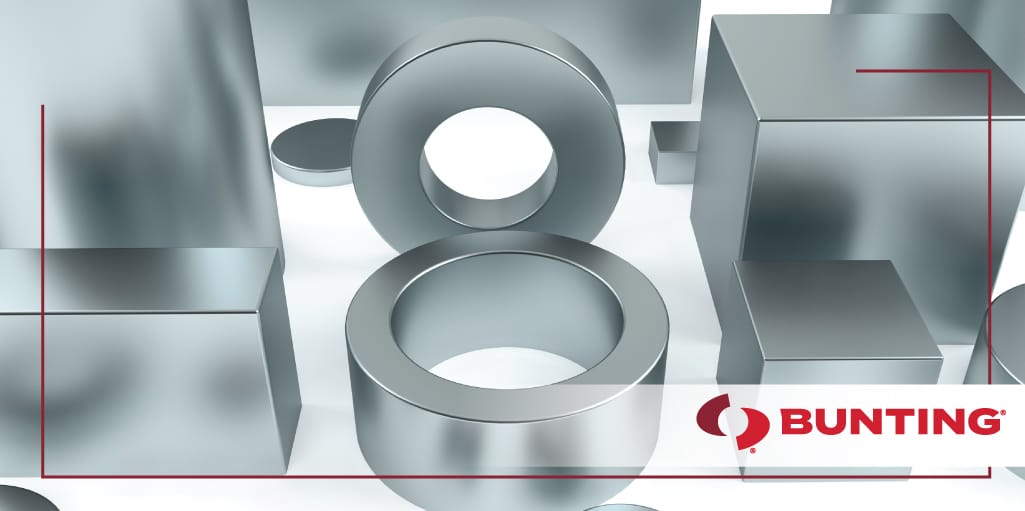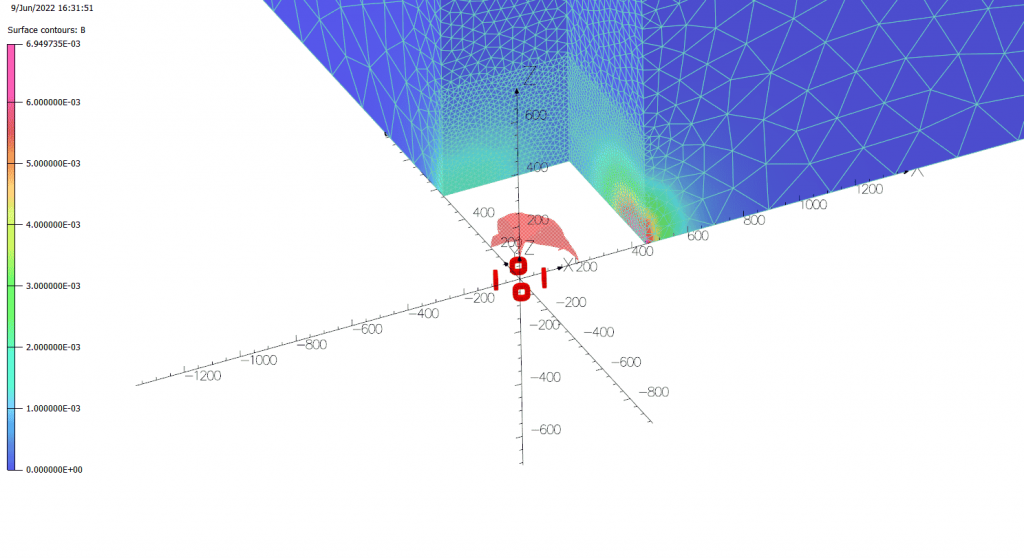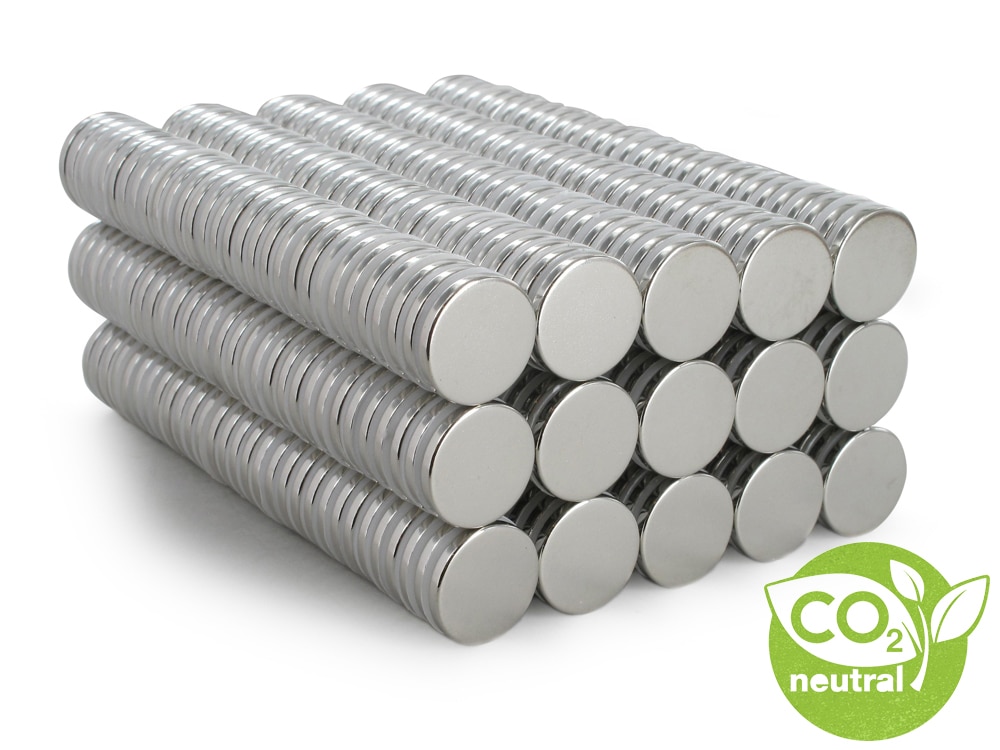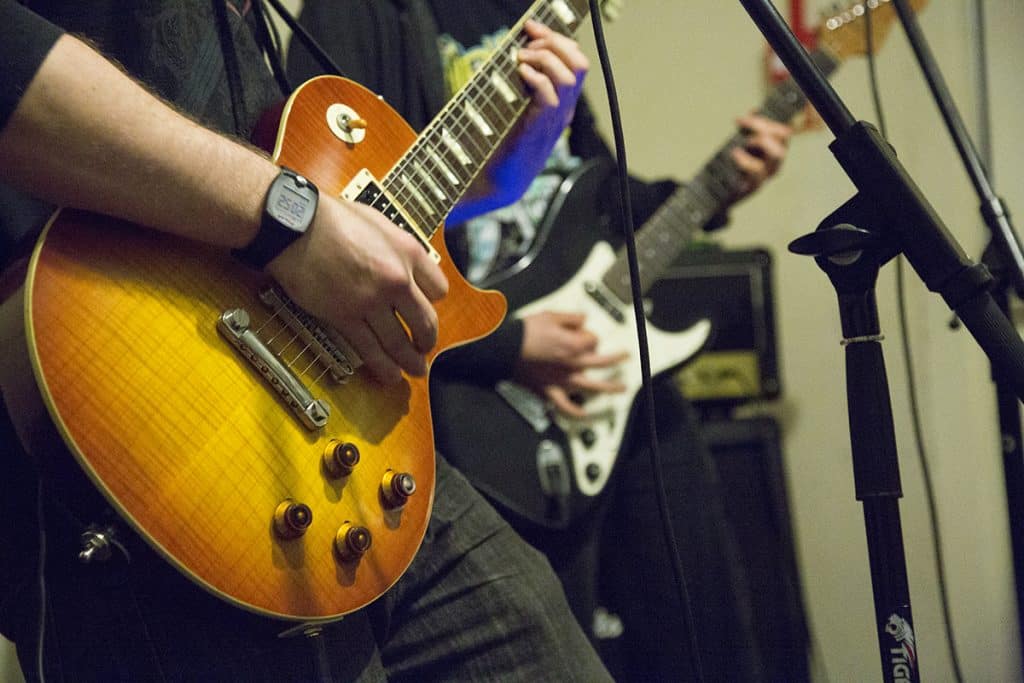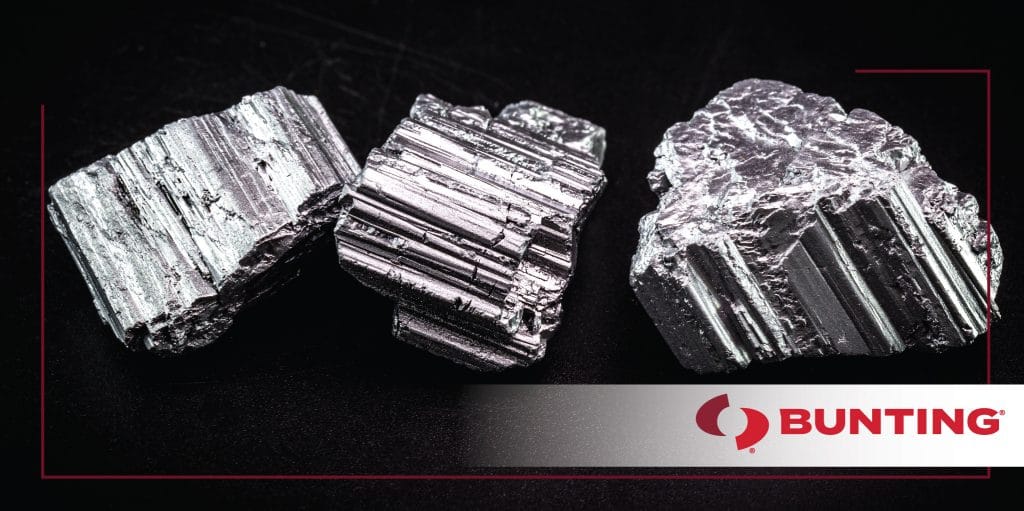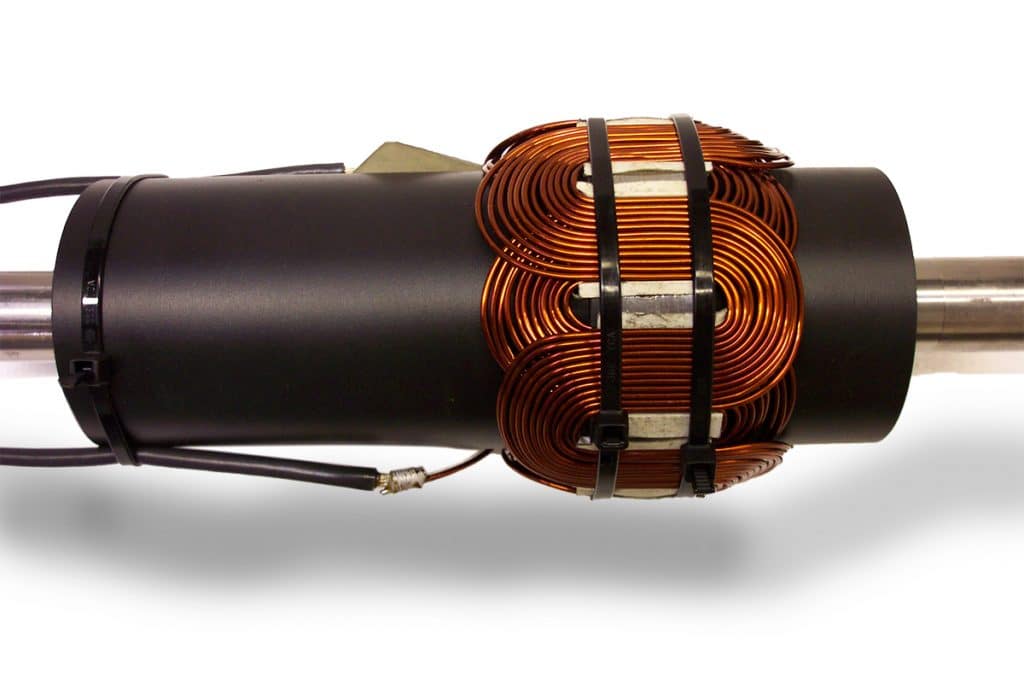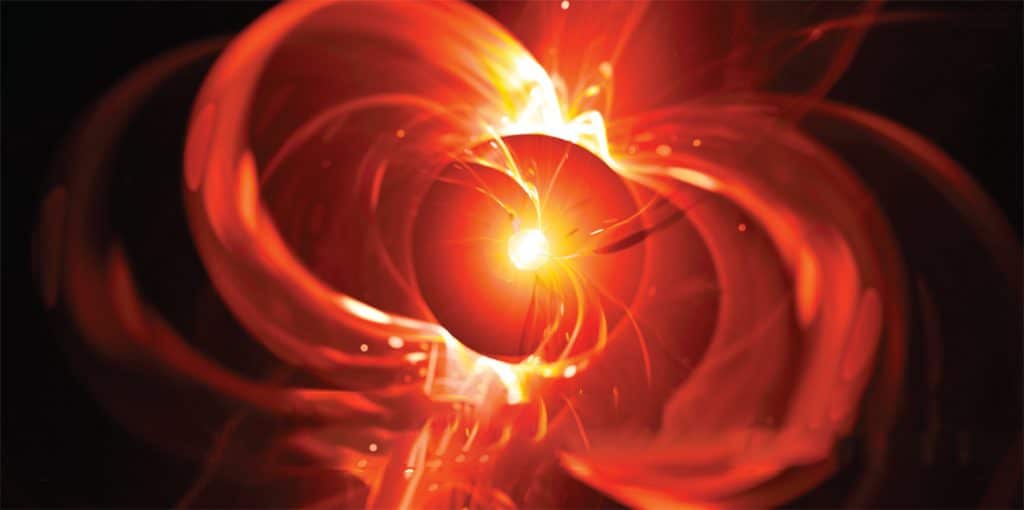Magnets
Non-Contact Positional Sensing
Sensor applications using magnets is not new, although the application scope continues to evolve with developments and advances in magnetic materials and magnetising technology. In this specific sensing project, the magnets are used for non-contact position sensing, which is, perhaps, one of the unique ways in which magnets are meeting the changing demands of the…
Read MoreMedical Magnet Spotlight: Magnets and Cochlear Implants
Magnets feature in a wide range of medical applications including heart pumps, surgical tools, hearing aids, and cochlear implants. A cochlear implant is a surgically implanted neuroprosthesis that provides a person who has moderate-to-profound sensorineural hearing loss with sound perception. Unlike hearing aids, which amplify sounds, cochlear implants bypass damaged areas of the ear and…
Read MoreCoatings for Neodymium Magnets
Nearly every neodymium magnet will be plated or coated and, as the most powerful permanent magnet available, they are used in many different applications. However, they possess physical characteristics that require them to be plated or coated in order to protect them from damage. In their raw form, neodymium magnets are quite brittle, and as…
Read MoreStray Magnetic Fields and Safety
Bunting is at the heart of the electrification program of the world’s vehicles. By producing magnetising systems that allow for genuinely error-free assembly and providing 100% inline testing, Bunting supports automotive and aerospace programmes looking to create new modes of travel and improve efficiency. Bunting is proud to support this sustainable engineering activity to provide…
Read MoreBunting Introduces Carbon Neutral Neodymium Magnets
In response to feedback from European customers, Bunting-Berkhamsted is the first magnet supplier to offer carbon-neutral sintered Neodymium Iron Boron (NdFeB) rare earth magnets sold online through the company’s Bunting-eMagnets ecommerce website. The manufacture of magnets such as NdFeB requires a considerable amount of effort and energy, from mining of the raw materials through to…
Read MoreAlNiCo Magnets and Music Revolution
AlNiCo pickup magnets played a huge part in the development of modern electric guitar sounds. Guitar manufacturers and musicians discovered that even on the same guitar, switching out different AlNiCo alloys resulted in drastically different musical tones. Indeed, the use of certain AlNiCo pickups is responsible for the signature sounds associated with 50s and 60s…
Read MoreThe History of Neodymium Magnets
The origin of the neodymium magnets dates back to 1885 when Carl Auer von Welsbach, an Austrian scientist and inventor, separated didymium into the new separate elements neodidymium (“new didymium”) and praseodidymium (“green didymium”). In time, the element names would change to neodymium and praseodymium. Neodymium (Nd) is the fourth member of the lanthanide ‘rare-earth…
Read MoreMagnets in Santa’s Workshop
Santa Claus has never been busier. Material shortages, transportation issues and inflated prices have stretched his elf workforce to the limits. His workshop is a hive of activity and, in amongst the organised chaos, magnets play an important role. So where are they? High Tech Toys use Neodymium Rare Earth Magnets Santa Claus received a…
Read MoreMagnetising Fixture Winding for Magnet Ring Sensor Project
Bunting’s engineering team work with companies on many magnet product designs, from concept through to manufacture. This project focused on the feasibility of designing, manufacturing, and supplying a permanent magnet ring to produce a sinusoidally varying flux density waveform for a sensor application. A sine wave or sinusoid is a mathematical curve that describes a…
Read MoreMagnets and the Curie Temperature
The term “Curie temperature (Tc)” or “Curie point” gets frequently mentioned when discussing magnets and magnetic properties. The Curie temperature relates to the maximum temperature a material can reach before losing its magnetic properties. On reaching a magnetic material’s Curie temperature, the spontaneous magnetisation in the material drops to zero. At this point, the material…
Read More
